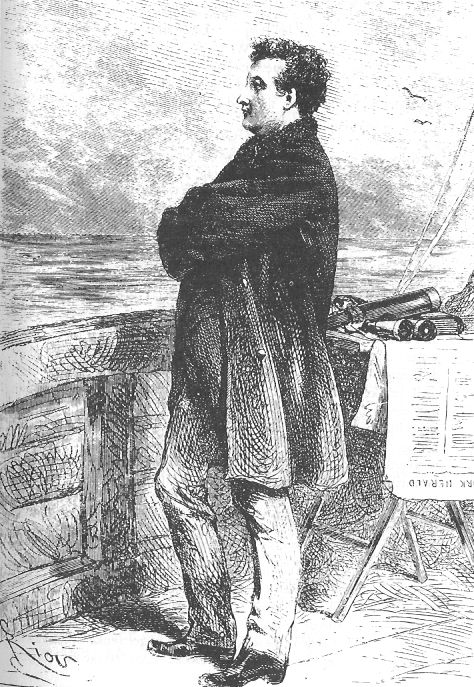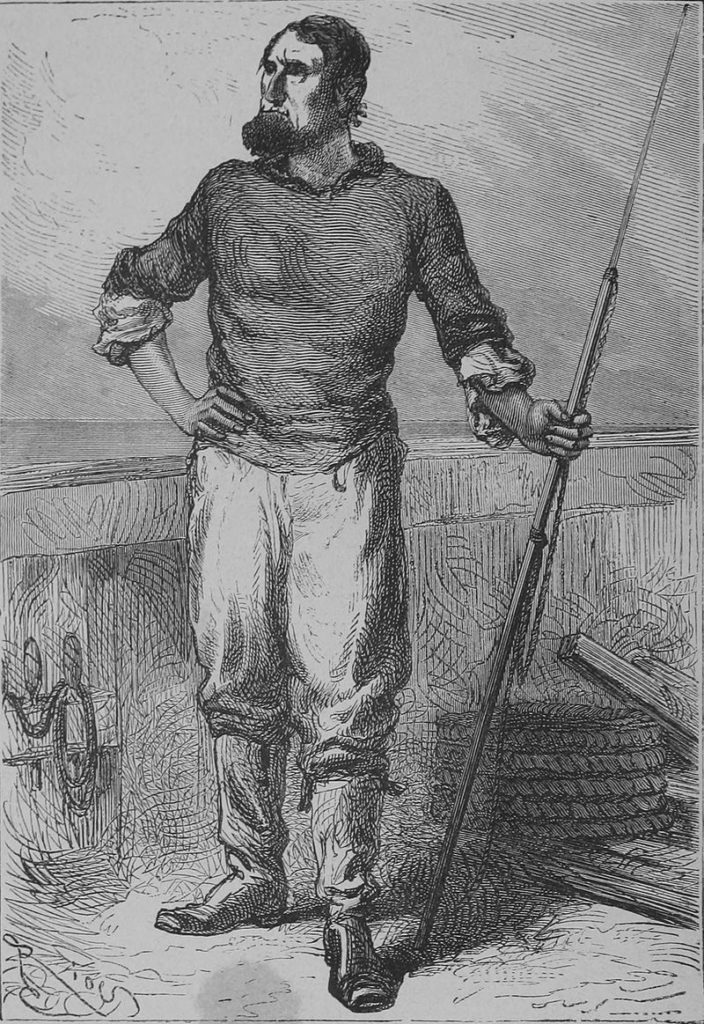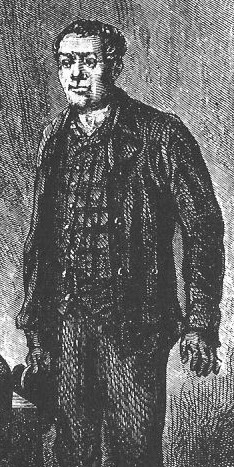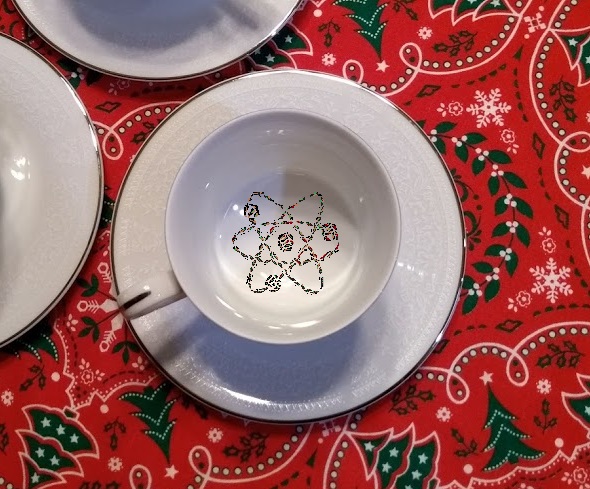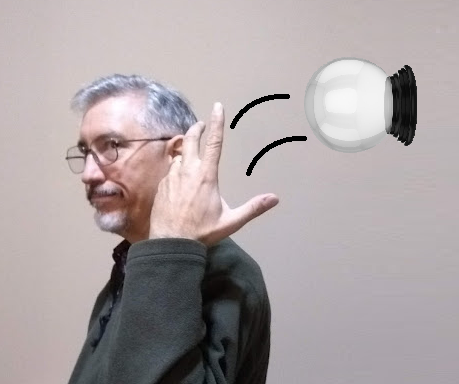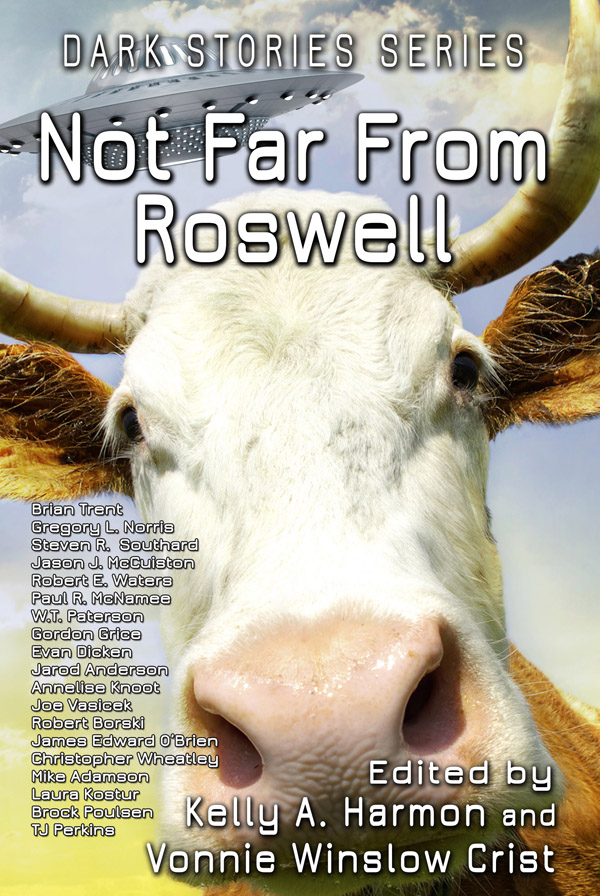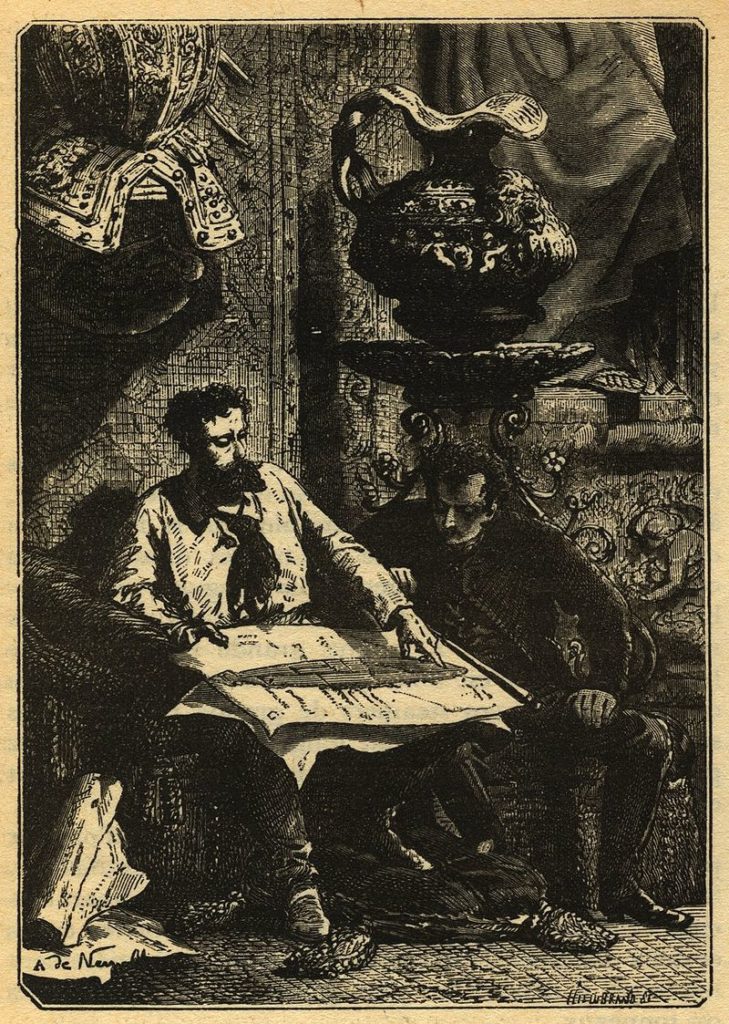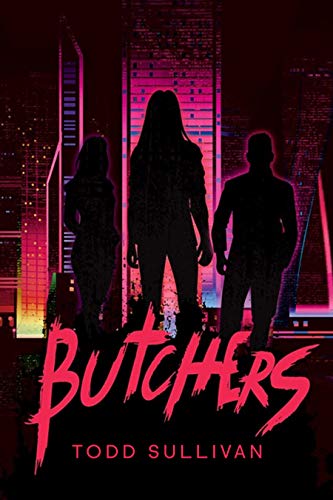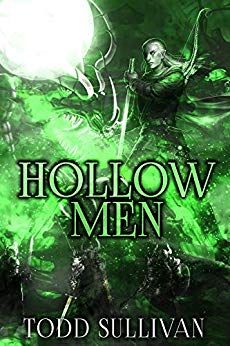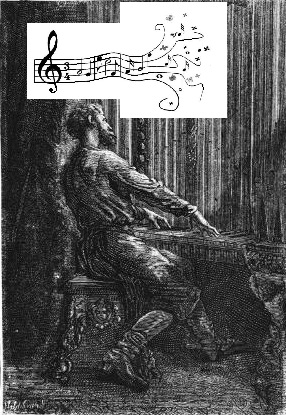Now we’ve come to the last major character in Jules Verne’s Twenty Thousand Leagues Under the Sea. Let’s study Captain Nemo.
Before we do, I’ll remind you to submit a short story to 20,000 Leagues Remembered, a tribute anthology scheduled for publication on the 150th anniversary of Verne’s marvelous novel. Along with unparalleled word-master, Kelly A. Harmon, I’m co-editing this anthology for Pole to Pole Publishing. The official closing date is April 30, but you should submit early. We’re accepting stories as we go, and this publisher has filled each of its anthologies before the closing date. For more details, and to submit your story, click here.
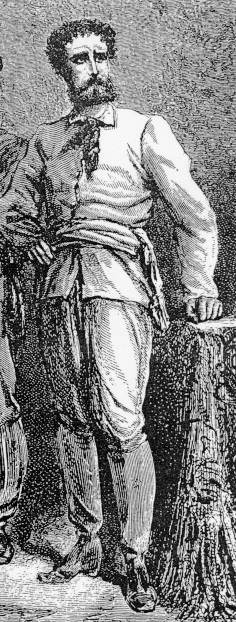
Regarding Captain Nemo, I’ll restrict this analysis to what we know from the 20,000 Leagues novel and disregard information provided later in The Mysterious Island as well as later adaptations.
When readers first encounter Nemo, they learn he appears self-confident, energetic, and courageous. He is tall, of indeterminate age, and has wide-set eyes. He says, “To you, I’m simply Captain Nemo,” adding a rank to the name “no one” by which Odysseus (another sea captain) fooled the Cyclops.
In subsequent chapters, Pierre Aronnax learns Nemo is a highly intelligent scientist and engineer, has divorced entirely from the land and all nations, and is immensely wealthy. Later, Aronnax discovers Nemo cares deeply for a dying crewman and buries him on the seafloor. He assists a stricken pearl diver off the coast of India, saying he “lives in the land of the oppressed, and I am to this day, and will be until my last breath, a native of that same land!”
Nemo provides a huge sum of gold to a Grecian diver, apparently to aid in the uprising of Crete against Ottoman rule. Aronnax sees a set of paintings in Nemo’s cabin, all portraits of historical revolutionaries. Using the Nautilus’ ram, Nemo slaughters a pod of sperm whales to save some baleen whales. He then attacks and sinks a ship whose nationality is unknown to Aronnax. Following this act of destruction, Aronnax spies Nemo kneeling and weeping before a portrait of a woman and two children.
The Captain combines several opposing characteristics and sentiments:
- He claims to support the downtrodden, yet he designed the Nautilus with a distinct two-class system, and treats Aronnax as an upper-class gentleman, in contrast to the way he treats Conseil, Land, and his own crew.
- He financially supports freedom-seeking revolutionaries, and his Mobilis in Mobili motto implies a love of freedom, yet all who enter his Nautilus are confined aboard forever.
- At the outset, Nemo declares, “I’m not what you term a civilized man! I’ve severed all ties with society, for reasons that I alone have the right to appreciate. Therefore I obey none of its regulations…” yet he plants a flag at the South Pole just as any imperialistic conqueror from a land nation might.
It’s well-known that Verne initially gave Nemo a detailed back-story with a former nationality and a traumatic past to explain his motivations, but his publisher urged him to delete all that. We’re left with an unexplained mystery, a Byronic Leonardo da Vinci, a marauding scientist, a sea hermit, a gentleman savage.
Like Captain Ahab, Nemo suffers from a troubled past that leads him on an obsessive oceanic quest, resulting in madness. Unlike Ahab, the cause is not as evident as a bitten-off leg, but resides only in his mind. His motives remain as invisibly submerged as his submarine.
I hope you’ve enjoyed reading these recent blogposts about the four main figures in 20,000 Leagues Under the Sea. This one completes the quartet of character analyses by—
Poseidon’s Scribe

